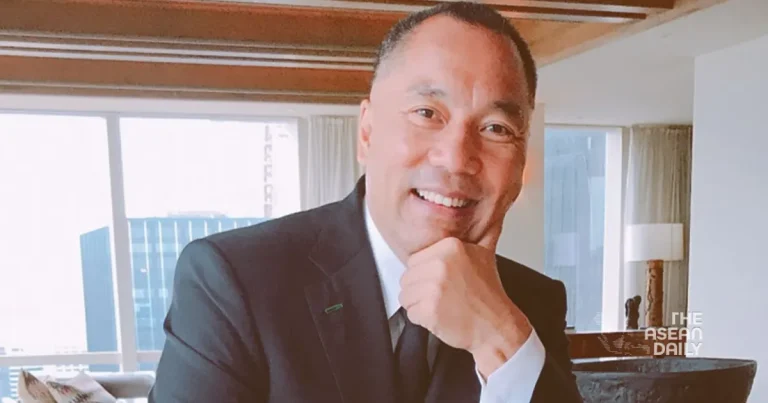19-7-2024 (SINGAPORE) Singapore’s Ministry of Home Affairs (MHA) has directed five major social media platforms to block access to 95 accounts allegedly spreading misinformation about the city-state’s relationship with China. This action, taken under the Foreign Interference (Countermeasures) Act (Fica), marks the first time Singapore has employed its counter-interference law to combat potential hostile information campaigns on social media.
The accounts in question are reportedly linked to Guo Wengui, a controversial Chinese businessman known for his criticism of the Chinese Communist Party and recent conviction for fraud in the United States. According to the MHA, these accounts have been disseminating allegations that Singapore is under China’s control and that Beijing had a hand in selecting Singapore’s fourth-generation leader.
The ministry’s directive, issued on 19 July, targets Facebook, Instagram, YouTube, TikTok, and X (formerly Twitter), requiring them to block Singapore-based users from accessing these accounts. The MHA stated that there are “grounds to believe that this network of accounts can and may be used to mount hostile information campaigns which are directly targeted at Singapore.”
Of particular concern to authorities was a series of over 120 posts published between April 2024 and May 2024, coinciding with Singapore’s leadership transition. These posts, which included videos featuring Guo speaking in Mandarin or using automated English voiceovers, made claims such as “Singapore is in the CCP’s back pocket.”
The MHA’s investigation revealed that 92 of the 95 accounts were directly linked to Guo and his affiliated organisations, including the New Federal State of China and the Himalaya Supervisory Organisation. The remaining three accounts belong to a Singapore chapter of the Himalaya Supervisory Organisation.
Guo, who fled to the United States in 2014, has cultivated a following as a self-proclaimed Chinese government critic and whistle-blower. However, his credibility has been severely undermined by his recent conviction in the US for defrauding his online followers of over $1.08 billion.
The timing of this coordinated campaign, coinciding with Singapore’s political leadership transition, has been interpreted by the MHA as indicative of “deliberate planning and actions.” The ministry expressed concern over the network’s demonstrated willingness and capability to spread false narratives detrimental to Singapore’s interests.
This action under Fica represents a significant step in Singapore’s efforts to combat foreign interference and misinformation. The law, passed in 2021, provides the government with tools to counter foreign influence campaigns that may threaten national security or public interest.




